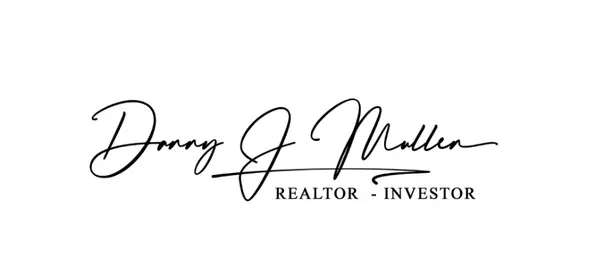Renting vs Owning
Renting vs Owning: Pros and Cons
When it comes to deciding between renting and owning a property, there are several factors to consider. Each option has its own set of pros and cons, and understanding them can help you make an informed decision. In this blog, we will delve into the advantages and disadvantages of both renting and owning, covering topics such as buyers, sellers, and mortgages.
Buyers:
One of the key advantages of owning a property is the sense of stability it provides. As a homeowner, you have the freedom to personalize your space and make long-term plans without the fear of eviction. Additionally, owning a property can be a great investment opportunity, as real estate values tend to appreciate over time.
On the other hand, buying a property comes with its own set of challenges. It requires a substantial initial investment and involves various costs such as property taxes, insurance, and maintenance expenses. Moreover, if the real estate market experiences a downturn, you may face difficulties selling your property or even face negative equity.
Sellers:
As a seller, owning a property allows you to benefit from potential appreciation in value. When the time comes to sell, you can potentially make a profit and use the proceeds to buy a larger or more desirable property. Owning a home also offers stability, as you don't have to worry about unexpected rent increases or relocation.
However, selling a property can be a complex and time-consuming process. You need to consider market conditions, find a suitable real estate agent, and prepare your home for showings. Furthermore, if you are unable to sell your property, you may have to resort to renting it out, which comes with its own set of responsibilities.
Mortgage:
One of the main advantages of owning a property is the ability to build equity through mortgage payments. Instead of paying rent to a landlord, you are investing in an asset that you can eventually own outright. Additionally, mortgage interest and property tax payments may be tax-deductible, providing financial benefits.
Renting, on the other hand, offers flexibility and less financial risk. You are not responsible for property maintenance or repairs, and you can easily relocate if needed. Renting also allows for more disposable income, as you don't have to worry about large down payments or unexpected repairs.
In conclusion, the decision between renting and owning ultimately depends on your personal circumstances and long-term goals. Owning a property can provide stability and potential financial benefits, but it also comes with additional costs and responsibilities. Renting offers flexibility and fewer financial risks, but you may miss out on the opportunity to build equity. Consider your budget, lifestyle, and future plans to make the right choice for you.
Categories
Recent Posts





